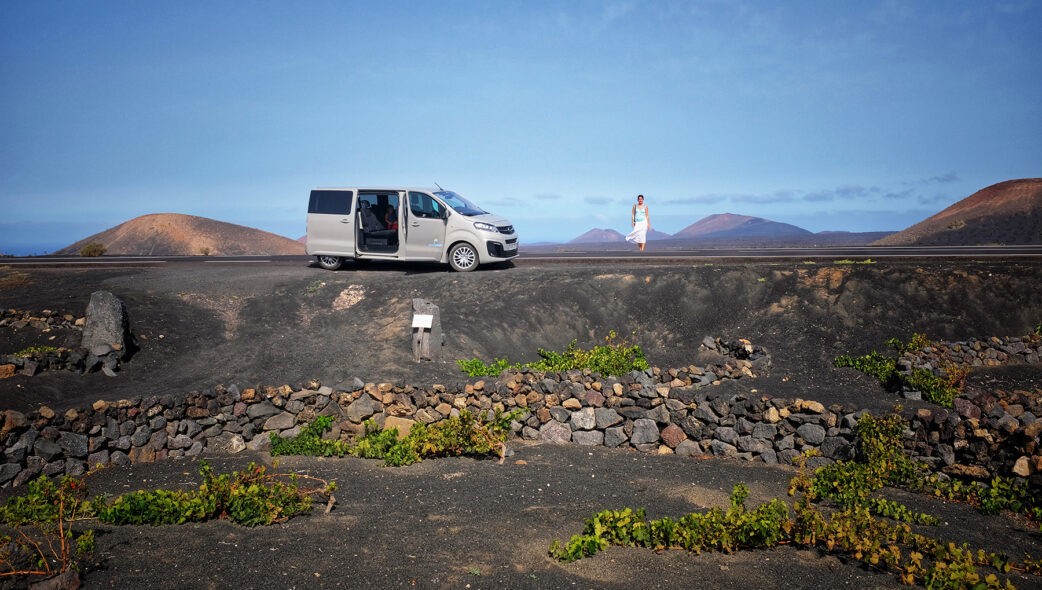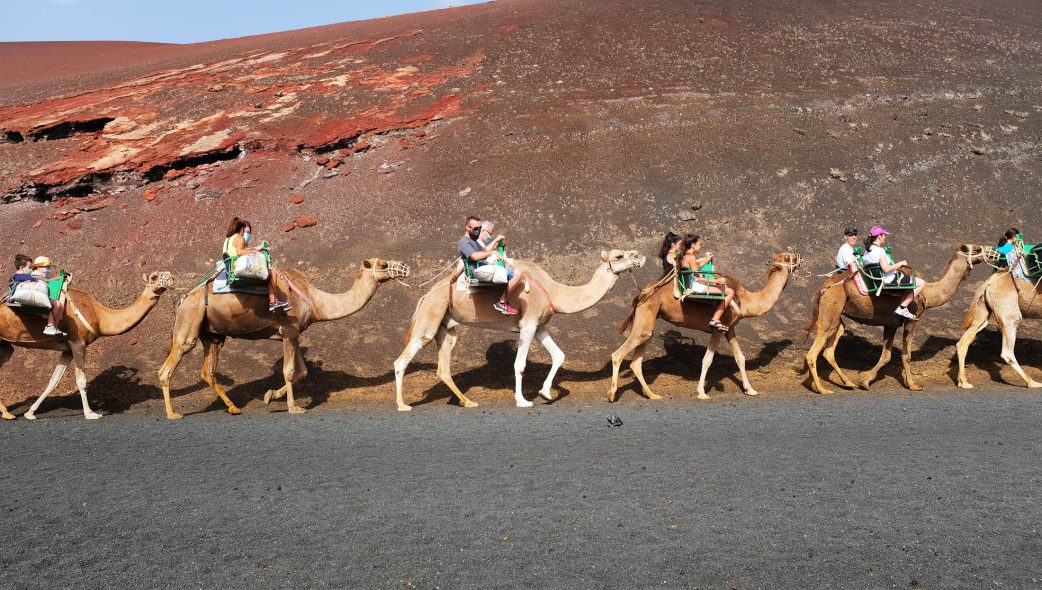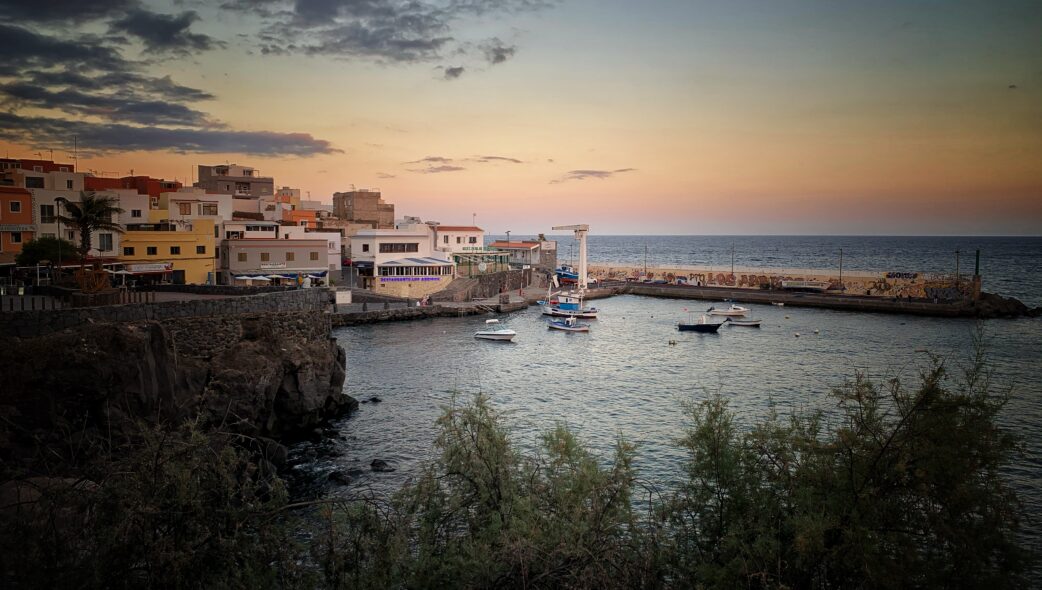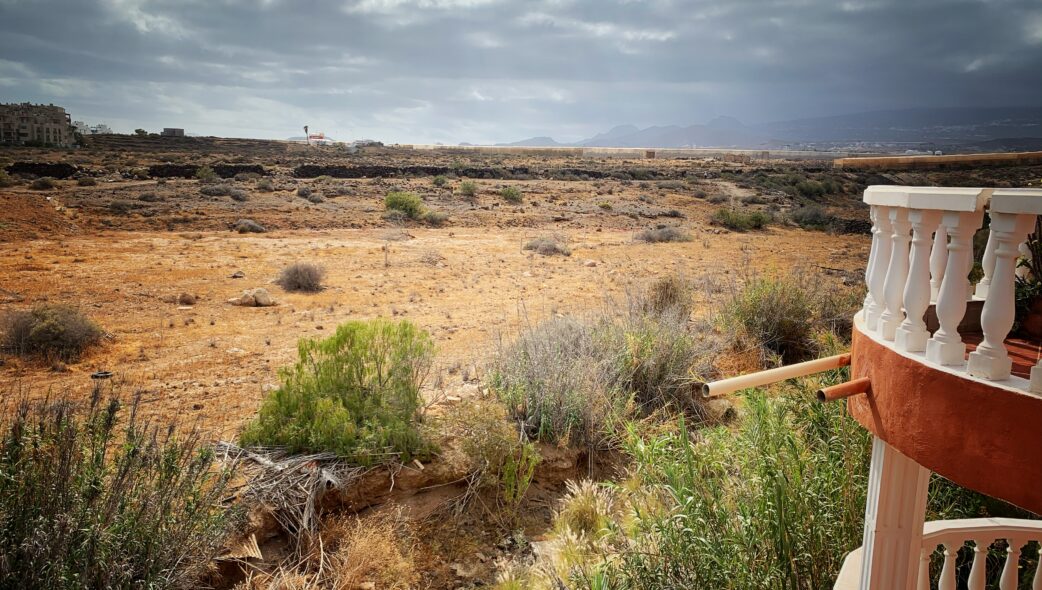Category: Canary Islands
Excursus: Weekend Walk – La Gomera
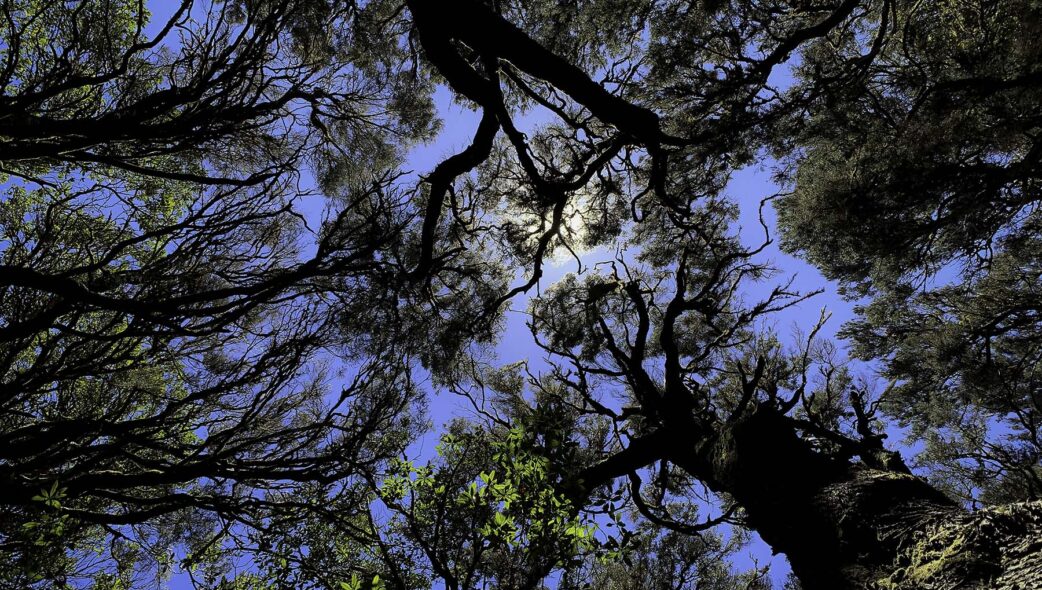
Also check out the Series: Magical Forest (internal Link). La Gomera – Magical Forest Green and lush, Garajonay National Park (La Gomera) is home to one of the richest and most important samples of laurisilva in the world, a forest formation comprising different plant species that died out in most places on the planet millions of years ago. We enter a forest that is
Gran Canaria
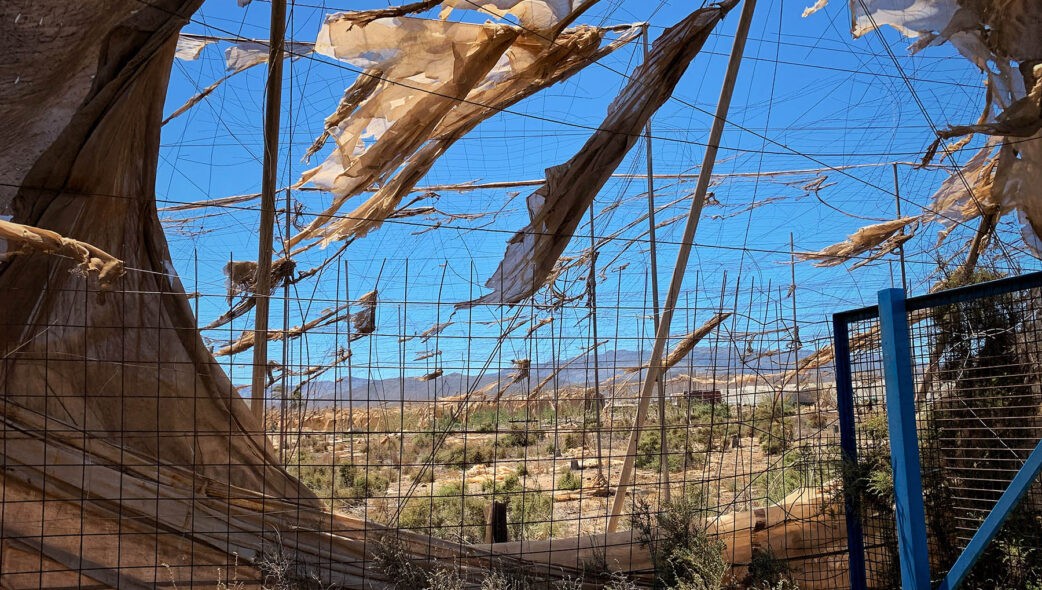
With a total area of 1.560 km², Gran Canaria is the third-largest island of the Canarian archipelago and lies approximately 210 km west of south Marocco’s Atlantic coast. This nearly round island boasts 236 km of coastline, 60 km of which are golden-yellow sand beaches. Gran Canaria island was born of volcanic activity; its highest point is located in the heart of the island,
The Beauty
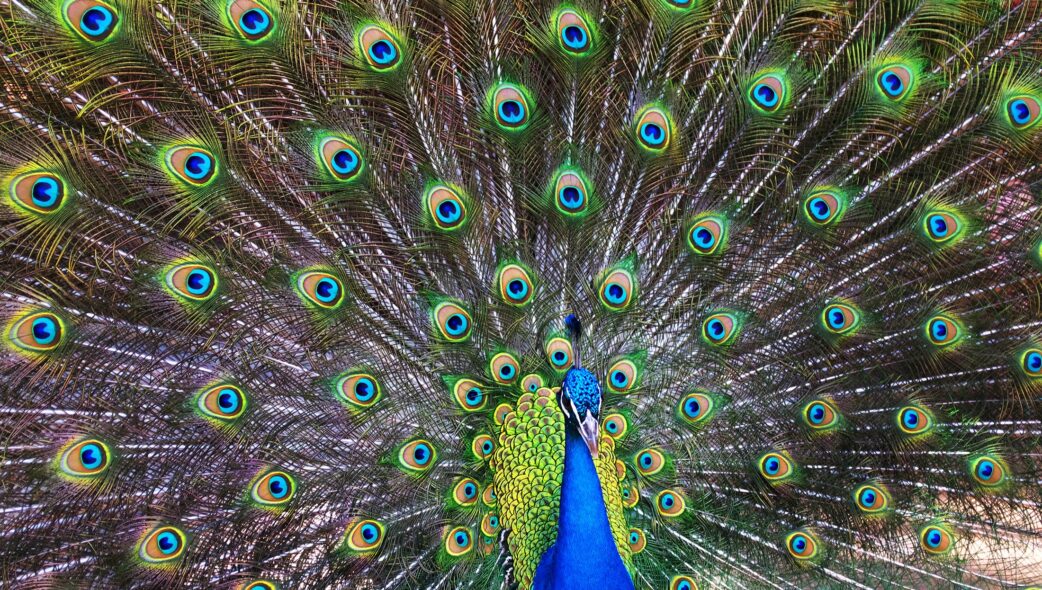
Las Águilas-Jungle Park is a zoological and botanical park located near the Los Cristianos beach on the Canary Island of Tenerife. Consisting of 7.5 hectares (19 acres) of jungle with over 500 animals, the park contains a number of walking paths with tunnels, suspension bridges, waterfalls, lagoons, and caves. The park also boasts daily flight shows featuring exotic birds and birds of prey. (Source: Wikipedia).
You are (not) alone V
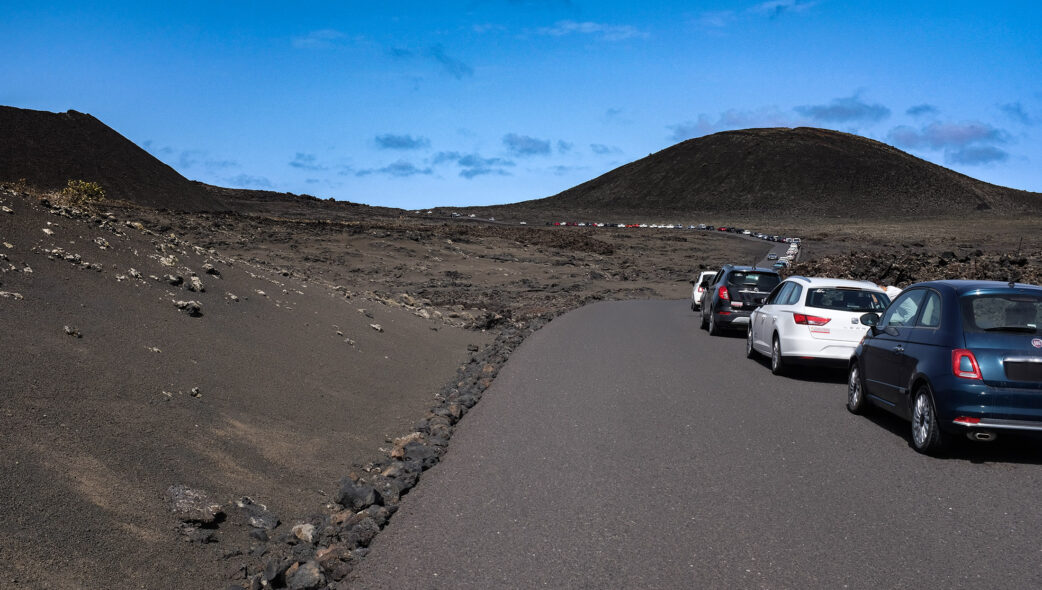
Timanfaya National Park (Spanish: Parque Nacional de Timanfaya) is a Spanish National Park in the southwestern part of the island of Lanzarote, in the Canary Islands. It covers parts of the municipalities Tinajo and Yaiza. The statue El Diabloby César Manrique is its symbol. It is the only Natural Park in Spain which is entirely geological, also Timanfaya National Park represents a sign of recent and historical volcanism in the Macaronesian Region. The last volcanic eruptions occurred during
You are (not) alone IV
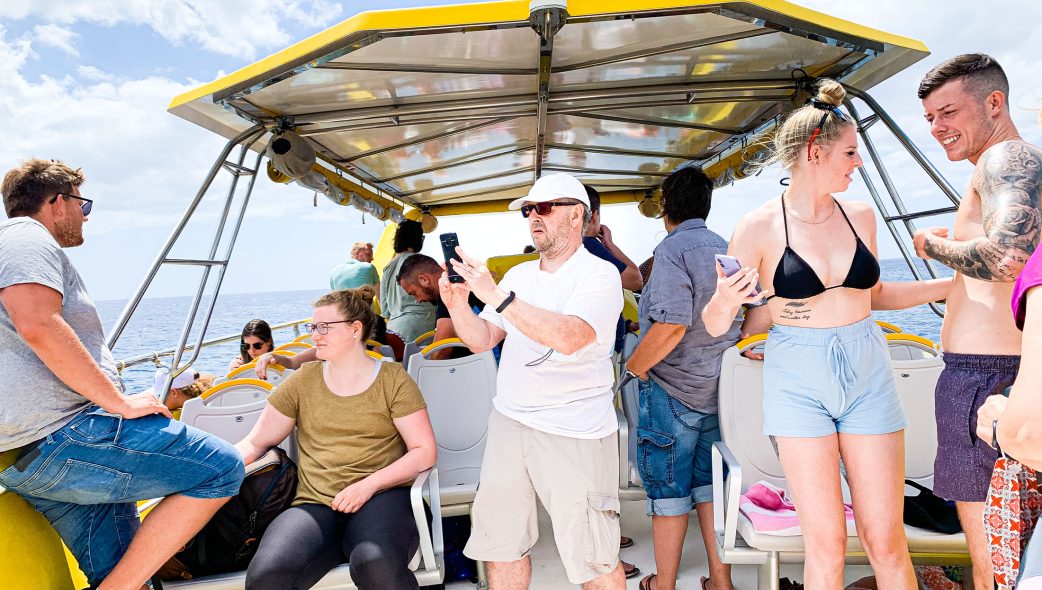
Puerto del Carmen (Lanzarote) boat trips are pretty popular among visitors, because it gives the option of exploring two resorts in a day … like this “You are (not) alone”. Note: the photographer you see … is not me! 😉 More: You are not alone.
You are (not) alone II
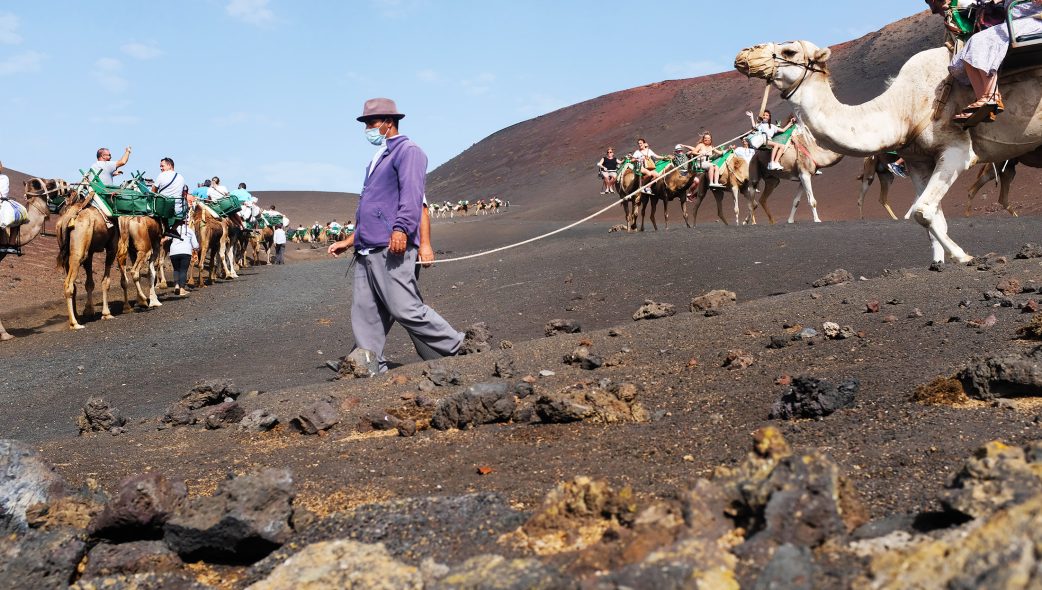
Camels were brought to Lanzarote and Fuerteventura between the end of the 15th century and the beginning of the 16th century. The camels were later distributed in the rest of the Canary Islands. After other means of transport came about in the 20th century, the population of camels started to dwindle. To stop total extinction, camels already being part of the landscape since the 16th

